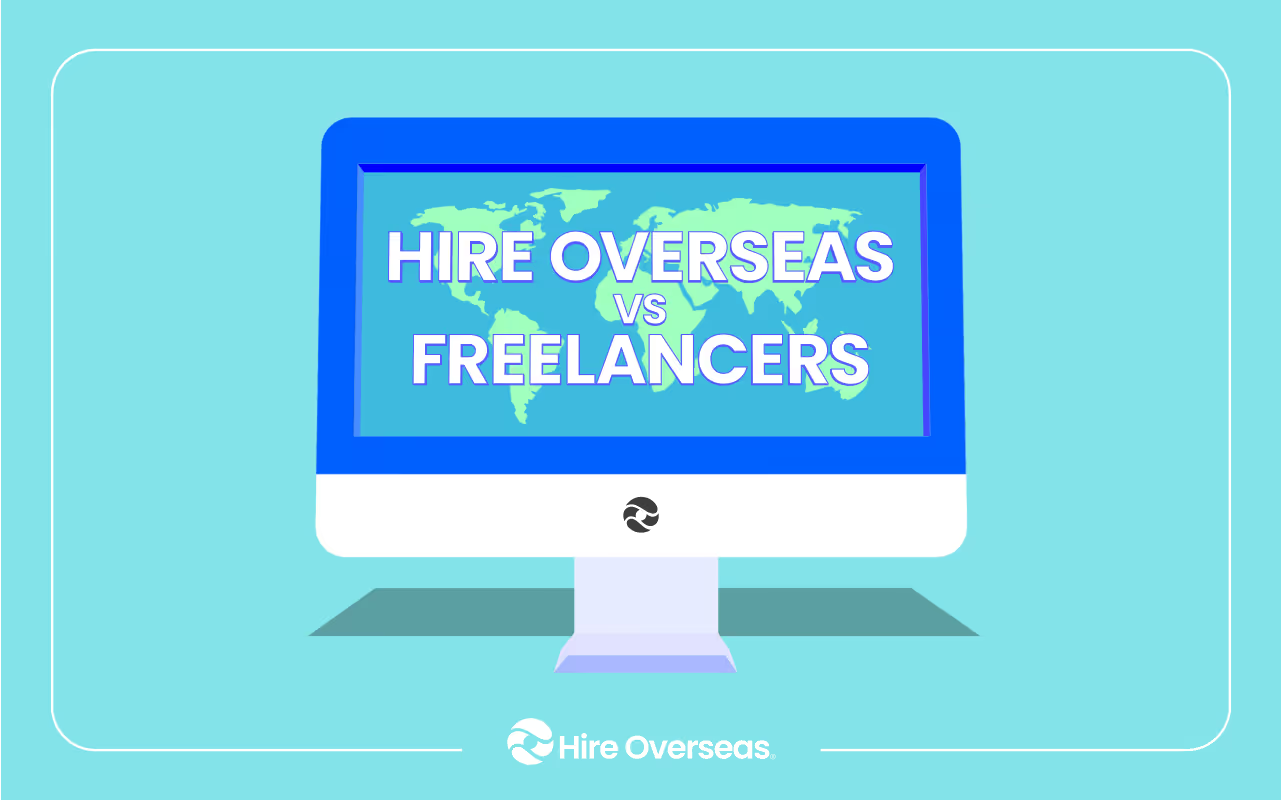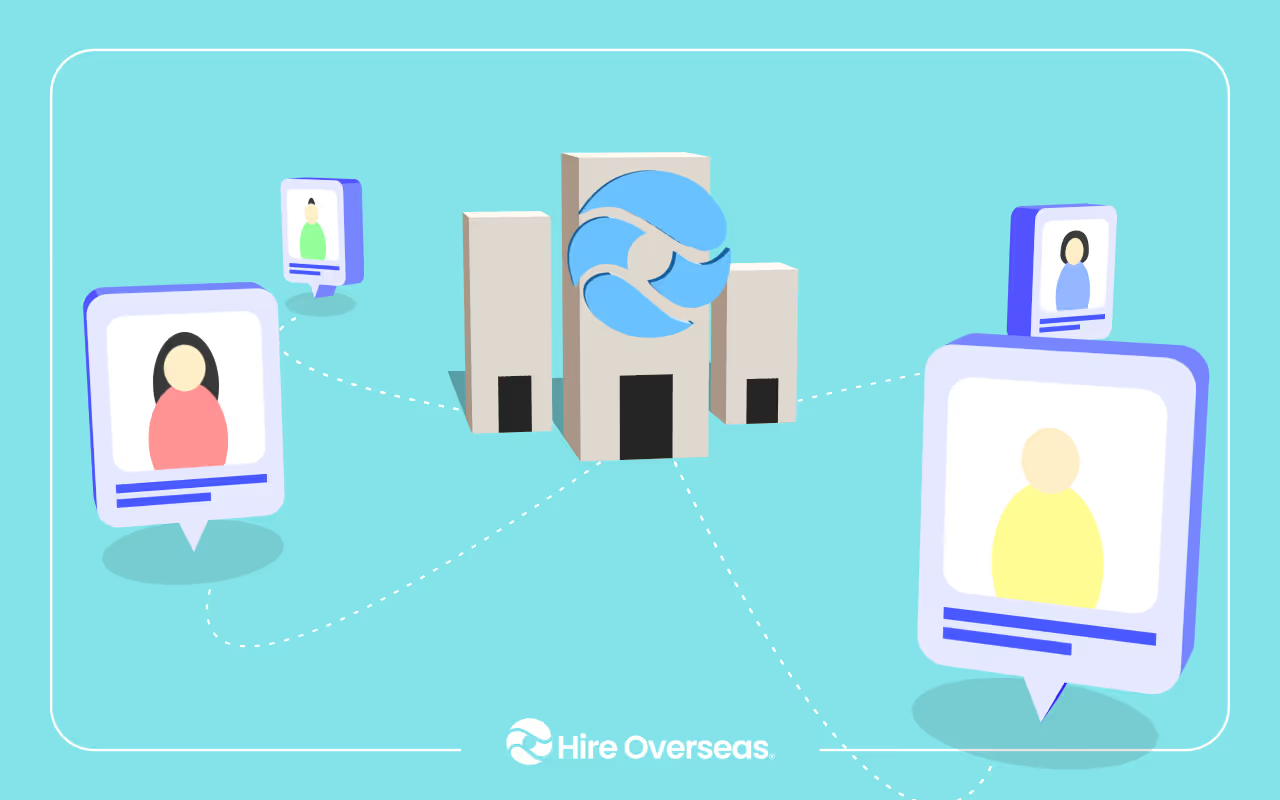Outsource Healthcare Software Development: A Complete Guide for 2025
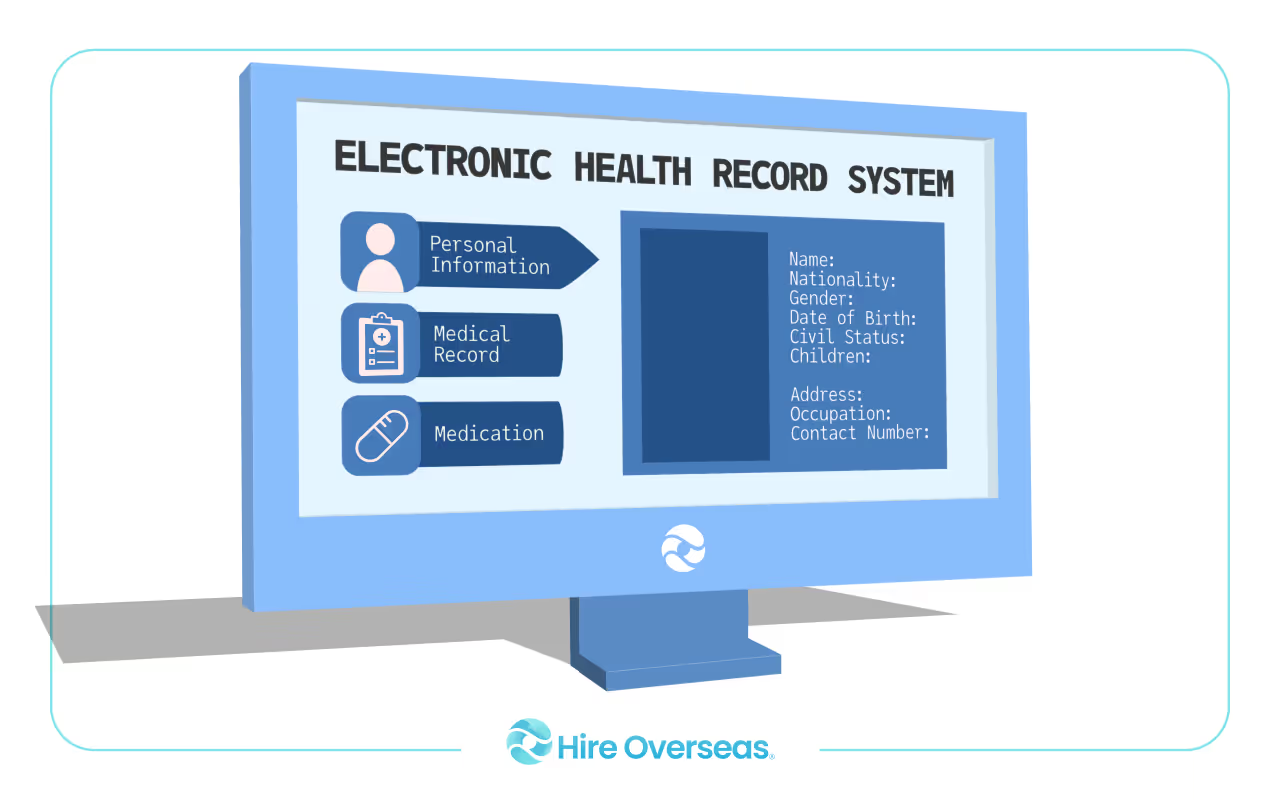
The demand for digital healthcare solutions is growing rapidly, from telemedicine platforms to AI-driven diagnostics. Yet building these systems in-house is costly, time-consuming, and resource-intensive. That’s why more providers and startups are choosing to outsource healthcare software development—a strategy that delivers speed, scalability, compliance, and cost savings. By partnering with experienced outsourcing firms, organizations gain access to specialized talent while focusing internal teams on patient care. In this guide, we’ll explore what outsourcing healthcare IT really means, its benefits, use cases, costs, and the top technology trends shaping 2025.
What Is Outsourcing Healthcare Software Development?
Outsourcing healthcare software development is the practice of partnering with external IT specialists—often remote or offshore teams—to design, build, and maintain healthcare technology solutions. Instead of relying solely on in-house developers, healthcare providers and startups collaborate with outsourcing firms that bring:
- Technical expertise in areas like EHR/EMR systems, telemedicine platforms, HIPAA-compliant software development, and healthcare data security.
- Scalable teams that can expand or contract based on project size and urgency.
- Compliance knowledge to ensure solutions meet regulatory standards such as HIPAA, GDPR, and FDA requirements.
This approach allows healthcare organizations to launch innovative digital solutions faster, reduce development costs, and focus internal resources on patient care rather than IT operations.
Why Companies Are Turning to Healthcare Software Development Outsourcing
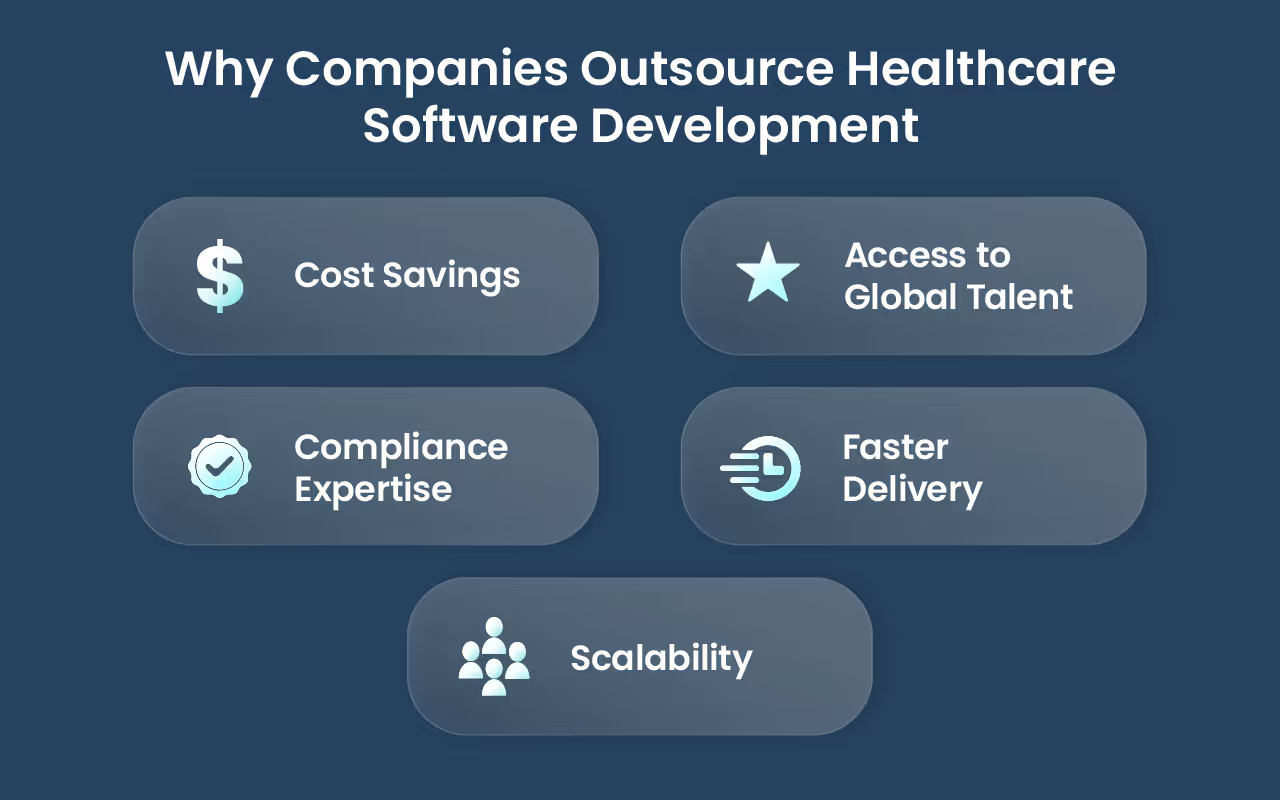
The healthcare industry is under immense pressure to innovate while maintaining compliance, patient trust, and cost efficiency. Unlike other industries, providers must navigate strict regulations such as HIPAA in the U.S. and GDPR in Europe, while ensuring seamless interoperability across electronic health records, telemedicine platforms, and connected medical devices. This is where healthcare software development outsourcing has become a strategic solution.
Here’s why companies are making the shift:
Access top global talent
Outsourcing opens the door to remote healthcare software developers who specialize in advanced technologies like AI-driven diagnostics, EMR/EHR software development, and telemedicine software outsourcing. These are skills that are often scarce or too costly to develop in-house.
Example: A U.S.-based medical startup outsourced its AI-driven diagnostic app to a specialized offshore team, gaining access to data scientists and engineers it couldn’t find locally. The result? A faster product launch that attracted investor funding.
Accelerate digital transformation
Building custom healthcare software solutions internally can take years and require massive investments in infrastructure. Outsourcing partners already have established teams, proven frameworks, and healthcare IT experience to deliver faster.
Example: A mid-sized European hospital outsourced telemedicine software development, enabling it to launch a secure virtual consultation platform in under six months—a timeline impossible with its limited in-house IT staff.
Ensure compliance and security
Data protection is at the heart of healthcare IT. Outsourcing firms bring specialized knowledge in healthcare data security outsourcing, ensuring every application meets regulatory standards like HIPAA-compliant software development. From encryption and access control to audit trails and secure integrations, outsourcing minimizes risk while ensuring adherence to strict healthcare protocols.
Example: A healthcare insurance provider in Asia outsourced EHR integration to a partner with proven HIPAA and GDPR expertise. This move reduced compliance risks and ensured smooth interoperability across systems.
Reduce costs without sacrificing quality
The cost of outsourcing healthcare software development is often 30–60% lower compared to building in-house teams. Offshore partners provide competitive rates, yet deliver high-quality solutions thanks to established healthcare IT expertise. Companies save not only on salaries but also on infrastructure, training, and long-term overhead—funds that can instead be redirected to patient care and strategic growth initiatives.
Example: A telehealth startup in Canada outsourced mobile healthcare app development to an offshore partner, reducing costs by 45% while still achieving top-tier UI/UX and HIPAA compliance.
Flexible scalability with engagement models
Outsourcing allows organizations to scale teams up or down depending on demand—whether it’s launching a new product, expanding a feature, or handling seasonal patient surges.
Example: A U.S. provider expanded its outsourced team during flu season to roll out new scheduling features quickly, then scaled back after peak demand passed.
Faster release cycles with global collaboration
By leveraging developers across different time zones, healthcare companies can keep projects moving around the clock, reducing time-to-market.
Example: A European medtech firm partnered with an offshore team in Asia to accelerate healthcare app development outsourcing, reducing delivery time by over a third.
In short, outsourcing healthcare IT services isn’t just about cost savings—it’s about speed, flexibility, compliance, and access to specialized expertise that drives innovation.
Read more about how healthcare outsourcing is reshaping patient care and operations.
Outsourcing Healthcare IT: What Solutions Can Be Built?
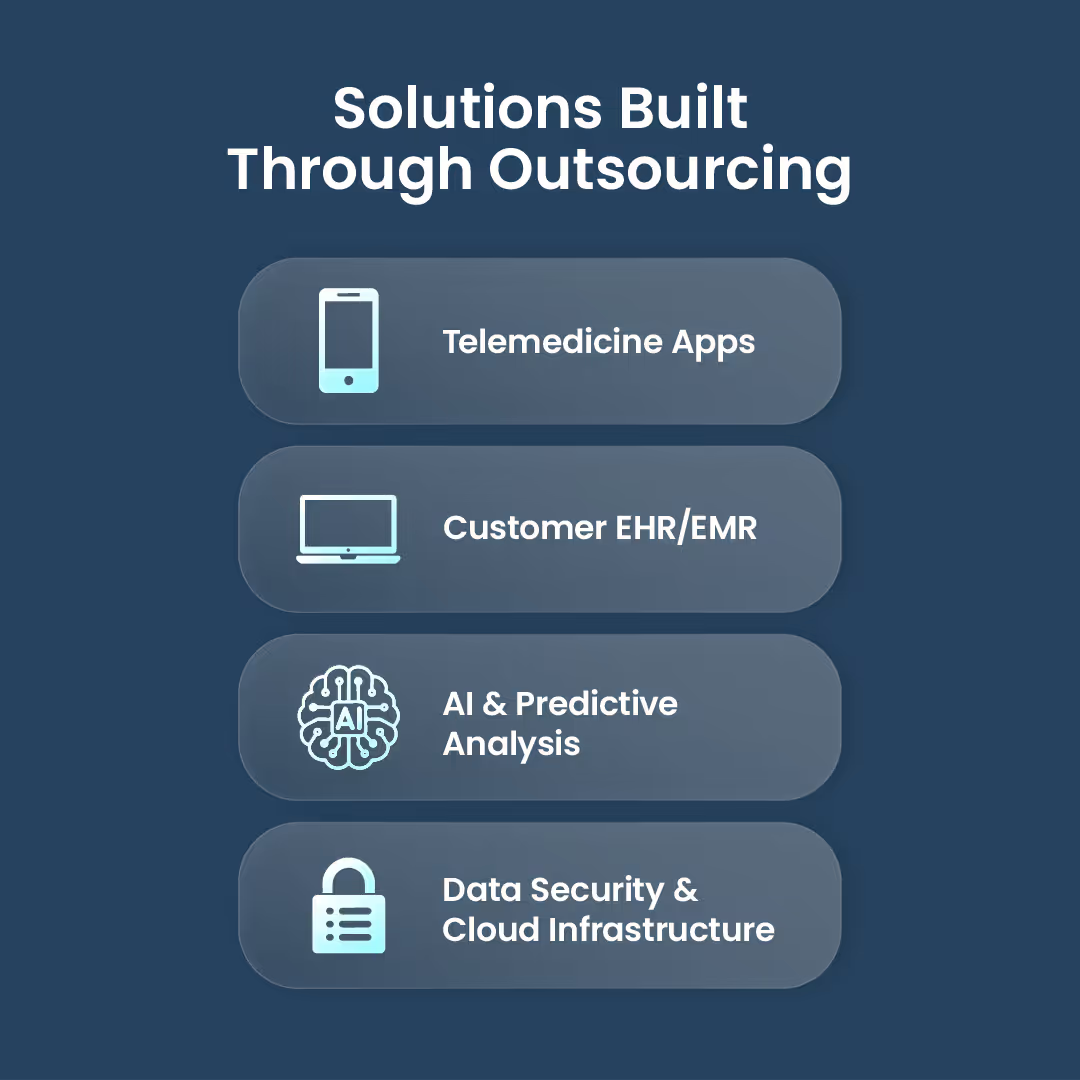
Outsourcing in healthcare IT isn’t just a way to cut costs—it’s a strategy for unlocking innovation, accelerating project timelines, and ensuring regulatory compliance while accessing world-class technical expertise. Healthcare providers, insurers, and startups are increasingly turning to outsourcing partners to create solutions that go far beyond standard applications. These solutions address the industry’s most pressing challenges: improving patient experiences, streamlining operations, securing sensitive data, and enabling modern care delivery models.
Here are the most common and impactful solutions developed through healthcare software development outsourcing:
Custom Healthcare Software Solutions
Every healthcare organization has unique requirements. Off-the-shelf software often falls short when it comes to handling specialized workflows, billing processes, or patient engagement strategies. Outsourcing allows providers to build custom healthcare software solutions tailored to their environment—whether that’s a small clinic, a multi-location hospital, or a private practice. Outsourced developers bring domain expertise and healthcare IT best practices, ensuring platforms are not only functional but also intuitive and compliant.
Example: A U.S. hospital outsourced the creation of a patient engagement portal with features like appointment booking, billing integration, and lab result tracking. The result was a solution that improved patient satisfaction while reducing administrative burdens.
Telemedicine & Mobile Health Platforms
Telehealth has evolved from a niche offering into a core healthcare service. Patients now expect access to virtual consultations, e-prescriptions, and digital follow-ups as part of their care journey. Telemedicine software outsourcing and mobile healthcare app development outsourcing make it possible to launch these platforms quickly while ensuring compliance with HIPAA and GDPR. Outsourced partners also have experience with integrating video APIs, secure messaging, and remote monitoring tools, which speeds up development.
Example: A health-tech startup outsourced its HIPAA-compliant telemedicine app, enabling patients to schedule video consultations, refill prescriptions, and receive automated follow-up reminders—all within a seamless mobile experience.
EHR / EMR Software Development
Managing electronic medical records (EMR) and electronic health records (EHR) is one of the most challenging areas in healthcare IT. The systems must be secure, interoperable across providers, and capable of integrating with labs, pharmacies, and imaging centers. Healthcare software development outsourcing gives organizations access to teams with proven experience in FHIR, HL7, and other healthcare interoperability standards. This reduces development risks and speeds up deployment.
Example: A healthcare network outsourced its EHR modernization project to offshore specialists, leveraging their interoperability expertise. The result was faster provider-to-provider data sharing and reduced compliance risks.
AI & Predictive Analytics in Healthcare
From personalized medicine to predictive staffing models, AI and data analytics are revolutionizing healthcare. However, building these systems requires expertise in machine learning, healthcare data security outsourcing, and regulatory compliance. Outsourcing connects organizations with AI specialists who can develop advanced solutions at a fraction of the cost of recruiting permanent in-house teams.
Example: A pharmaceutical company outsourced the creation of an AI-powered analytics platform that forecasted drug trial success rates. This reduced R&D expenses while speeding up time-to-market for new therapies.
Healthcare IT Infrastructure & Data Security
Beyond software, outsourcing also covers healthcare IT services like cloud migration, data integration, system upgrades, and compliance monitoring. With rising threats of cyberattacks and data breaches, many organizations also outsource healthcare data security to ensure systems remain HIPAA, GDPR, and ISO compliant. These services protect sensitive patient information while ensuring IT infrastructure can scale with future demand.
Example: A healthcare insurance provider outsourced its data compliance monitoring and cloud migration. This minimized risks of breaches, cut infrastructure costs, and ensured continuous adherence to HIPAA regulations.
Discover how outsourcing medical billing can streamline operations and cut costs.
How Much Does Outsourcing Healthcare Software Development Cost?
The cost of outsourcing healthcare software development depends on several factors: the type of solution being built, the complexity of integrations, compliance requirements, and the level of expertise required. While every project is unique, outsourcing consistently proves to be more cost-effective than maintaining large in-house teams—often reducing total expenses by 30–60% without compromising quality.
Here’s a closer look at typical ranges:
Simple healthcare apps: $40,000 – $80,000
These include lightweight solutions such as patient scheduling tools, appointment reminders, or basic wellness apps. They usually require limited integrations and shorter development cycles, making them among the most affordable outsourced projects.
Custom EHR/EMR software: $100,000 – $300,000+
Developing or modernizing electronic health records (EHR) or electronic medical records (EMR) systems is more resource-intensive. Projects often involve compliance with standards like FHIR and HL7, integrations with labs and pharmacies, and robust security measures. Costs rise with the number of modules, data migration needs, and customization required.
Telemedicine platforms: $120,000 – $250,000
Building a secure telemedicine platform requires features such as video consultations, e-prescriptions, payment processing, and patient monitoring tools, all while ensuring HIPAA-compliant software development. Costs vary based on the complexity of integrations with EHR systems and whether mobile apps are included.
AI or data-driven healthcare systems: $150,000+
Advanced projects like AI-driven diagnostics, predictive analytics tools, or machine learning platforms for healthcare require highly specialized expertise. These solutions often process large volumes of sensitive data, so outsourcing firms must also provide healthcare data security outsourcing expertise. The higher costs reflect the advanced skill sets and infrastructure required.
What Drives Costs Up or Down?
Several factors influence the cost of outsourcing healthcare software development:
Scope and complexity – Adding advanced features like real-time analytics, IoT integration, or multilingual support increases costs.
Compliance requirements – Projects that require strict HIPAA, GDPR, or FDA adherence demand additional development time and auditing.
Technology stack – The choice of frameworks, cloud providers, and third-party integrations can significantly impact costs.
Location of outsourcing partner – Rates vary by region: developers in North America charge more than those in Eastern Europe or Asia, though many offshore teams provide equal or higher expertise at lower rates.
Engagement model – Dedicated teams or long-term partnerships may offer more cost savings compared to short, one-off projects.
Why Outsourcing Delivers Better ROI
Even with the upfront investment, outsourcing healthcare IT offers stronger ROI compared to local-only or in-house development. Costs are reduced not just in salaries, but also in:
Infrastructure savings – No need to build or maintain servers, office space, or development environments.
Training and recruitment – Avoid months of searching and onboarding specialized healthcare IT talent.
Long-term maintenance – Outsourced partners often provide ongoing support, upgrades, and compliance monitoring at a lower cost than an in-house team.
Cost Comparison: In-House vs. Outsourcing Healthcare Software Development
Note: Actual costs depend on scope, features, compliance requirements, and partner location, but outsourcing consistently reduces total project spend while ensuring compliance and quality.
See why the Philippines is a leading hub for outsourcing healthcare IT and software development.
Outsourcing Healthcare Software Development vs. Local Development
When healthcare organizations decide to build new digital solutions—whether it’s a telemedicine app, EHR system, or custom healthcare software solution—they face a critical choice: outsource development to a specialized partner or keep everything local. Both approaches have benefits, but the differences can dramatically impact cost, speed, and long-term scalability.
Outsourcing Healthcare Software Development
Advantages:
Significant cost savings – Outsourcing can lower development expenses by 40–60% compared to building a local in-house team, helping providers reinvest in patient care and innovation.
Specialized expertise – Outsourcing partners often have ready-to-deploy remote healthcare software developers with niche skills in EHR/EMR systems, HIPAA-compliant platforms, telemedicine, and healthcare data security.
Faster delivery – Established teams, proven frameworks, and around-the-clock productivity speed up product launches.
Scalable teams – Organizations can quickly scale development up or down depending on project size and urgency.
Challenges:
Time zone coordination may require structured communication.
Cultural and collaboration nuances need proactive management.
Experienced healthcare IT outsourcing partners address these challenges with dedicated project management, agile processes, and compliance expertise.
Local Healthcare Software Development
Advantages:
Direct collaboration – Sharing a time zone makes communication seamless and feedback faster.
Regulatory familiarity – Local teams are naturally aligned with U.S. frameworks like HIPAA, HITECH, and FDA requirements, which can simplify compliance oversight.
Challenges:
Much higher costs – Local development often triples expenses compared to outsourcing.
Limited access to niche talent – Specialized experts in areas like AI diagnostics or predictive analytics may be hard to find locally.
Longer hiring cycles – Recruiting and onboarding local developers can delay project timelines.
Finding the Right Balance
For many organizations, the best option isn’t strictly one or the other—it’s a hybrid approach. By outsourcing most development while keeping compliance oversight and strategic decision-making in-house, healthcare providers can achieve:
- The cost-efficiency and scalability of outsourcing.
- The regulatory alignment and control of local teams.
- Faster speed-to-market, thanks to nearly continuous global development cycles.
This blended model gives healthcare organizations the agility to scale, the assurance of compliance, and the budget flexibility to innovate without compromise.
Quick Comparison: Outsourcing vs Local Healthcare Software Development
Best approach? Most organizations choose outsourcing for cost and speed, while keeping compliance oversight local for a balanced, hybrid model.
Partnering with the Right Outsourcing Provider
Choosing the right partner is just as important as choosing the right outsourcing model. While outsourcing delivers cost savings, scalability, and specialized expertise, healthcare organizations need a partner who understands compliance, security, and innovation.
That’s where Hire Overseas stands out. Starting at just $2,000 per month, we connect providers, insurers, and startups with top 1% vetted remote healthcare software developers skilled in EHR/EMR systems, HIPAA-compliant platforms, telemedicine solutions, and healthcare data security outsourcing.
Beyond outsourcing—Hire Overseas also provides AI training bootcamps to vetted talents, ensuring they can leverage the latest tools in predictive analytics, machine learning, and workflow automation. This combination of expert developers and AI-driven training creates a future-ready workforce that scales with your organization’s needs.
Whether you want to launch a telemedicine platform, modernize your EHR, or integrate AI into your healthcare workflows, Hire Overseas delivers the talent, training, and long-term partnership to make it happen.
Healthcare Technology Outsourcing Trends for 2025
The healthcare industry is undergoing rapid digital transformation, and outsourcing is at the center of this shift. As providers seek to modernize patient care, improve efficiency, and meet growing compliance demands, several key healthcare technology outsourcing trends are emerging in 2025:
AI and Machine Learning for Smarter Healthcare
Artificial intelligence and machine learning are no longer experimental—they’re now core to healthcare IT innovation. From predictive diagnostics to operational efficiency, outsourced teams are increasingly building AI-powered healthcare solutions that help organizations analyze large data sets, predict patient outcomes, and optimize workflows.
Cloud-Based Healthcare IT Services
The push toward scalability and cost savings has made the cloud the preferred environment for healthcare applications. Outsourcing partners are helping providers migrate to cloud infrastructures that support everything from telemedicine software outsourcing to large-scale EHR systems. The result: better data accessibility, lower infrastructure costs, and improved system reliability.
Rising Demand for HIPAA-Compliant Software Development
With data breaches on the rise, compliance is front and center. Organizations outsourcing healthcare IT now prioritize HIPAA-compliant software development, ensuring that apps and platforms include encryption, access controls, and audit trails. Experienced outsourcing partners bring compliance expertise that helps providers avoid costly fines and maintain patient trust.
Blockchain for Secure Data Sharing
Blockchain is moving beyond finance and making its mark in healthcare IT. Outsourced teams are being tasked with building blockchain-based healthcare solutions that allow for secure, decentralized sharing of patient data. This trend is particularly relevant for providers, labs, and insurers looking to improve data integrity while reducing the risk of tampering or breaches.
Telemedicine Software Outsourcing for Hybrid Care Models
The demand for telehealth surged during the pandemic, and in 2025, it’s evolving into hybrid care—where patients combine in-person visits with virtual consultations. To support this, organizations are outsourcing the development of telemedicine platforms with integrated scheduling, secure video conferencing, and prescription management.
Value-Based Outsourcing Partnerships
Healthcare organizations are shifting from short-term contracts to long-term outsourcing partnerships. Instead of hiring one-off developers, providers now prefer dedicated healthcare software development teams that function as extensions of their IT departments. These teams deliver continuous innovation while ensuring knowledge retention and alignment with long-term goals.
The Future of Healthcare Innovation Lies in Outsourcing
Healthcare organizations that embrace outsourcing healthcare IT services are better positioned to innovate, reduce costs, and stay compliant in today’s competitive market. From custom EHR/EMR development to telemedicine platforms and AI solutions, outsourcing provides the expertise and flexibility in-house teams often lack. The key is finding the right partner—one that understands compliance, delivers quality, and scales with your needs. By outsourcing strategically, providers can accelerate digital transformation and focus on their true mission: improving patient outcomes.
Ready to explore outsourcing for your healthcare IT project? Book a consultation with Hire Overseas today.
FAQs About Outsourcing Healthcare Software Development
Can small healthcare startups benefit from outsourcing, or is it only for large organizations?
Outsourcing is highly beneficial for startups, as it eliminates the need for expensive in-house infrastructure and allows small teams to access world-class talent at competitive costs. Many health-tech startups rely on outsourcing to launch MVPs quickly and attract investors.
How do outsourced teams ensure compliance with regulations like HIPAA and GDPR?
Specialized outsourcing firms employ compliance officers, security architects, and certified developers who implement encryption, access controls, secure APIs, and audit trails. They also conduct regular compliance audits to ensure every solution meets industry standards.
How do outsourced teams handle patient data security?
They use practices like role-based access, end-to-end encryption, penetration testing, and compliance-driven hosting environments. Top outsourcing partners also follow zero-trust security frameworks to minimize risk.
What engagement models are available when outsourcing healthcare software development?
Common models include:
- Dedicated teams – A long-term extension of your IT department.
- Project-based outsourcing – For one-off builds with a defined scope.
- Staff augmentation – Adding specific skilled professionals to your in-house team.
Choosing the right model depends on your project size, budget, and timeline.
Is outsourcing suitable for long-term healthcare IT support and maintenance?
Yes. Many organizations retain outsourcing partners for ongoing system monitoring, updates, bug fixes, and compliance management. This reduces internal IT workload and ensures continuous innovation at lower costs.
What questions should I ask before signing a contract with a healthcare IT outsourcing partner?
Key questions include:
- What healthcare compliance certifications do you hold?
- Have you worked on similar healthcare projects before?
- How do you handle data security and regulatory audits?
- What is your escalation process if issues arise?
- Can you provide case studies and client references?
Unlock Global Talent with Ease
Hire Overseas streamlines your hiring process from start to finish, connecting you with top global talent.
Unlock Global Talent with Ease
Hire Overseas streamlines your hiring process from start to finish, connecting you with top global talent.

